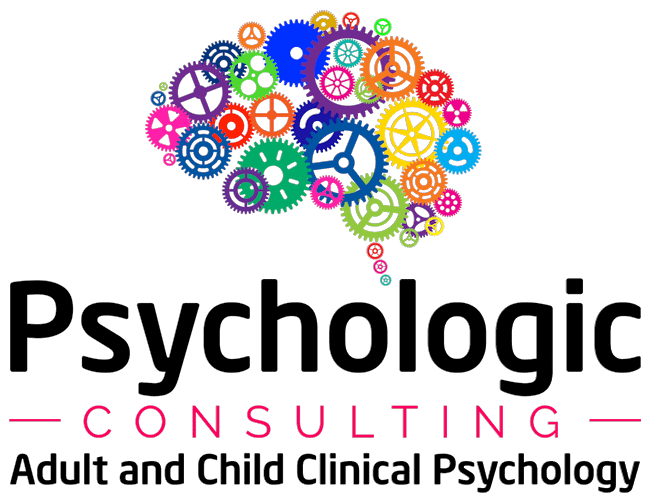Cognitive/Intellectual assessments involve observing and assessing the child in the clinic setting. During these assessments, the child completes different activities such as working out patterns, providing definitions, answering general knowledge questions, and remembering number sequences.
All assessment items administered are based on the child’s age and grade. These assessments help to identify a child’s cognitive/intellectual abilities, in addition to their cognitive profile. A cognitive profile is a child’s individual pattern of strengths and weaknesses and gives an indication of a child’s abilities across areas including verbal skills, visual skills, memory and processing speed.
Cognitive and Intellectual Tests
The tests I use are the gold standard tests and included:
WPPSI-IV – Wechsler Preschool and Primary Scale of Intelligence
Fourth Edition is an innovative measure of cognitive development for pre-schoolers and young children, rooted in contemporary theory and research and can be used with children aged 2.6 years to 7.7 years.
WISC-V – Wechsler Intelligence Scale for Children ®
Fifth Edition (WISC®-V) is an intelligence test for children aged 6.0 years to 16.11 years that measures a child’s intellectual ability and 5 cognitive domains that impact performance.
WAIS-IV – The Wechsler Adult Intelligence Scale
Fourth Edition (WAIS‐IV) is a comprehensive clinical instrument for assessing the intellectual abilities of older adolescents and adults aged 16.0 years to 90.11 years.
These tests are used for the following reasons:
- identify and qualify young children with intellectual disabilities for NDIS and education funding
- identify if the child has problems with processing or memory
- evaluate children for giftedness
- understand the cognitive functioning and profile of individuals including those who are Autistic and have ADHD
- determine the impact of traumatic brain injury on cognitive functions in children
- inform older teens and adults career counselling and aptitude
- self-referring adults seek the information for personal reasons, such as curiosity and self-knowledge or application for NDIS or Disability Support Pension under the diagnosis of an Intellectual Developmental Disorder
Testing usually occurs over two sessions. The initial session involves an interview in person or via phone with just the parents to gather detailed information regarding the nature of the presenting problem and an intake of relevant history.
In the second session, standardised psychometric tests will be administered.
A further feedback session along with a summary report is provided to the individual/parent.
Learning Assessments
These assessments enable the identification of any specific learning difficulties, or learning disorders (such as dyslexia, dysgraphia, or dyscalculia).
These assessments are able to answer commonly asked questions including:
- Does my child have Dyslexia or another learning difficulty?
- Is my child gifted?
- What grade level is my child working at ? Are they behind or ahead in their grade level ?
Learning Assessments involve conducting an initial Cognitive Assessment (as described above) to identify a child’s cognitive ability/potential, followed by conducting a test of achievement. The test of achievement investigates whether or not a child is able to complete tasks to the level we would expect, given their cognitive potential.
Tests of Achievement assess the child in the main areas of school-based learning including Reading Comprehension, Spelling, Word Knowledge and Mathematics. If a child’s achievement score is below that predicted based on their Cognitive ability score – this is indicative of a potential learning disorder in that area.
For a learning assessment, the WISC-IV is completed in addition to the WRAT 5 (Wide Range Achievement Test)
The completion of the Cognitive Assessment and Achievement Test usually takes 90-120mins to complete, depending on the child’s age and ability.
Reports and Feedback
Following the assessment, a comprehensive report explaining in detail, all tests used and all results, with a comprehensive summary and list of recommendations for home and school. A 1-hour feedback session is then held with parents to explain the results, go through the report and answer any additional questions that parents may have.
